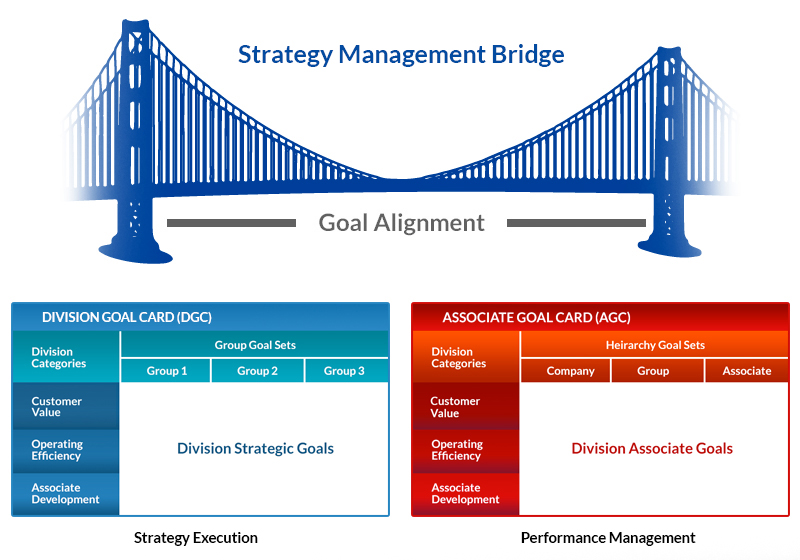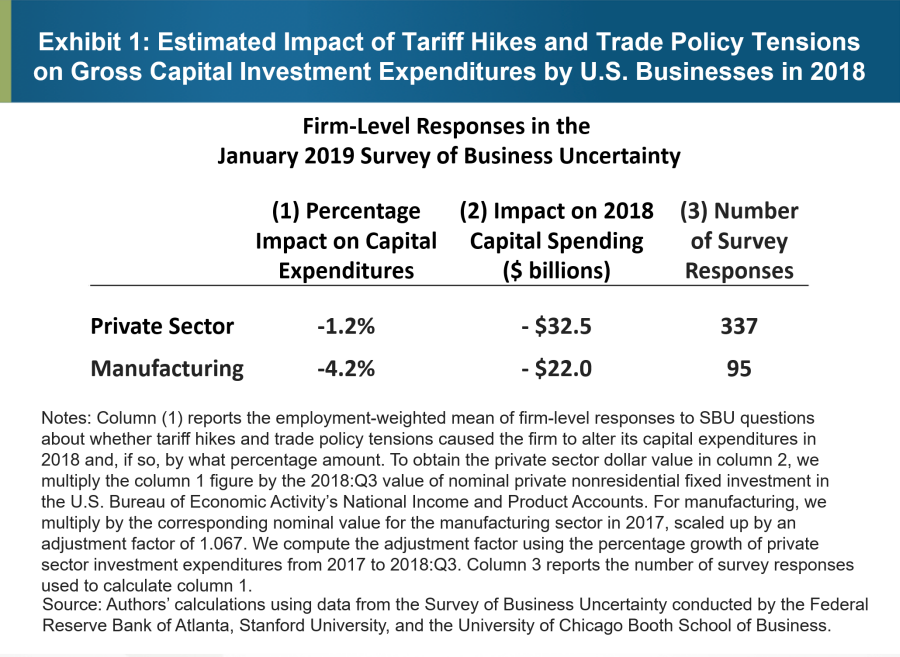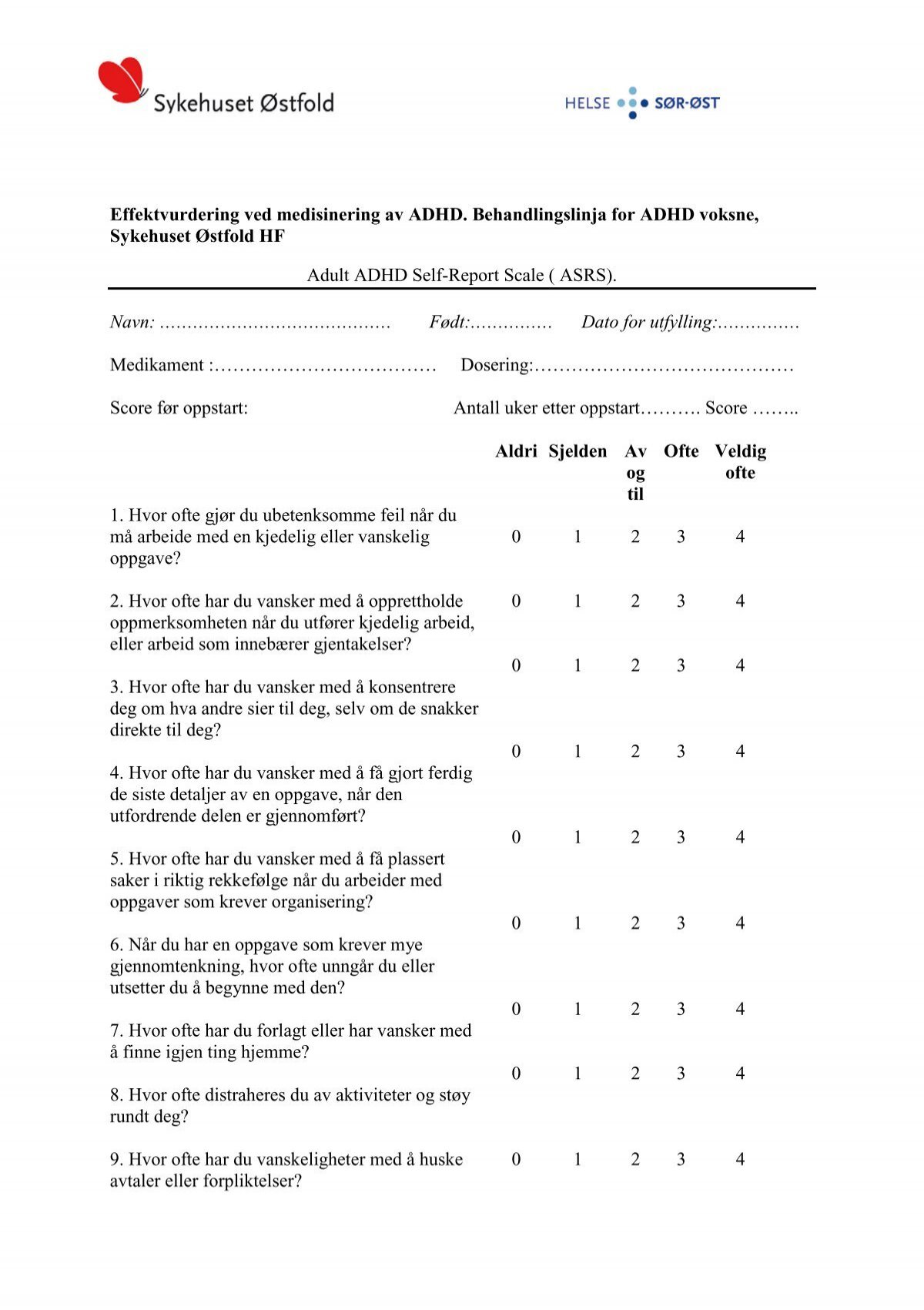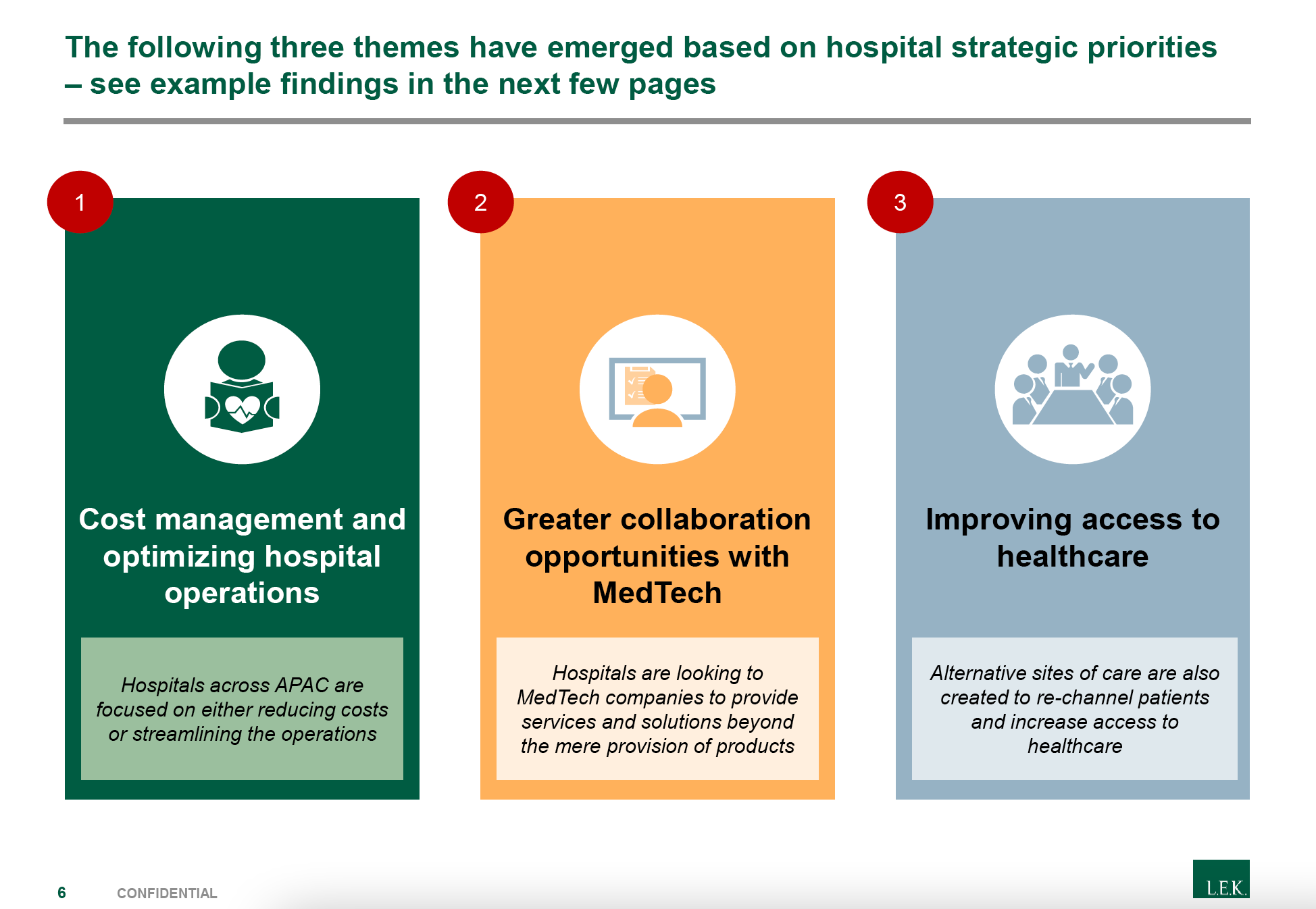The Importance Of Middle Managers: Bridging The Gap Between Leadership And Employees

Table of Contents
Middle Managers as Communication Hubs
Middle managers act as a vital conduit for information flow, translating top-down directives into actionable steps for employees and vice versa. This crucial role minimizes miscommunication and ensures everyone is aligned on goals and priorities. Effective communication is the bedrock of any successful organization, and middle managers are key players in this process.
Relaying Information Effectively
Middle managers are responsible for ensuring clear and consistent communication throughout the organization. This involves:
- Translating complex strategies into understandable tasks: Breaking down high-level strategic goals into manageable, day-to-day tasks for employees.
- Gathering employee feedback and relaying it to senior management: Acting as a voice for the employees, ensuring their concerns and suggestions reach the right people.
- Clarifying expectations and deadlines: Ensuring everyone understands their roles, responsibilities, and timelines.
- Addressing employee concerns and resolving conflicts: Mediating disputes and finding solutions to issues that arise within teams.
- Ensuring consistent and clear communication across teams: Facilitating communication between different departments and teams to ensure seamless collaboration.
Fostering Open Dialogue and Transparency
Effective middle managers create an environment of open communication, encouraging feedback and promoting transparency between leadership and employees. This fosters trust and improves the overall workplace atmosphere. Building trust is crucial for employee engagement and productivity, and middle managers play a key role in this.
- Regular team meetings to discuss progress and challenges: Creating opportunities for open discussion and feedback.
- Open-door policy for employee concerns: Making themselves accessible to employees who need support or have questions.
- Active listening and providing constructive feedback: Showing genuine interest in employee perspectives and offering helpful guidance.
- Promoting a culture of collaboration and information sharing: Encouraging teamwork and open communication among team members.
Middle Managers as Mentors and Coaches
Middle managers play a crucial role in identifying and developing employee talent. Through mentorship and coaching, they support employee growth, increase motivation, and improve retention rates. Investing in employee development is a key strategy for attracting and retaining top talent, and middle managers are essential to this process.
Developing Employee Skills and Potential
Middle managers are directly involved in the growth and development of their team members. This includes:
- Providing regular performance feedback and guidance: Offering constructive criticism and support to help employees improve.
- Identifying training needs and opportunities for professional development: Recognizing skill gaps and suggesting relevant training programs.
- Delegating tasks strategically to foster skill development: Providing opportunities for employees to learn new skills and take on more responsibility.
- Offering support and encouragement to employees: Creating a supportive and motivating work environment.
- Recognizing and rewarding employee achievements: Celebrating successes and acknowledging contributions.
Building Strong Teams and Fostering Collaboration
Effective middle managers build high-performing teams by fostering a collaborative and supportive work environment. Teamwork is crucial for organizational success, and middle managers are instrumental in building and maintaining strong teams.
- Promoting teamwork and collaboration through shared projects: Creating opportunities for team members to work together and learn from each other.
- Encouraging open communication and feedback amongst team members: Fostering a culture of mutual respect and open dialogue.
- Resolving conflicts fairly and efficiently: Mediating disputes and finding solutions that satisfy all parties.
- Recognizing and celebrating team accomplishments: Acknowledging the contributions of the team and celebrating successes.
- Creating a positive and motivating work environment: Building a culture of trust, respect, and support.
Middle Managers as Performance Drivers
Middle managers are essential for setting achievable goals, monitoring progress, and ensuring that teams stay on track to meet objectives. They provide the necessary support and resources to achieve success. Their role in driving performance is critical for organizational success.
Setting Clear Goals and Monitoring Progress
Effective middle managers are adept at goal setting and progress tracking. This involves:
- Setting SMART (Specific, Measurable, Achievable, Relevant, Time-bound) goals: Ensuring that goals are clear, measurable, and attainable.
- Tracking progress and identifying potential roadblocks: Monitoring performance and addressing any challenges that arise.
- Providing support and resources to overcome challenges: Offering assistance and resources to help teams achieve their goals.
- Celebrating milestones and achievements: Recognizing and rewarding progress and successes.
- Regularly reviewing progress and making adjustments as needed: Adapting strategies as needed to ensure goals are met.
Improving Efficiency and Productivity
By effectively managing tasks, resources, and teams, middle managers can significantly improve overall efficiency and productivity within an organization. Their ability to delegate effectively and ensure smooth workflows is crucial.
- Optimizing workflows and processes: Identifying and eliminating inefficiencies.
- Effectively allocating resources: Ensuring that teams have the resources they need to succeed.
- Delegating tasks appropriately: Assigning tasks to the right people, based on their skills and abilities.
- Monitoring performance and identifying areas for improvement: Continuously evaluating performance and making adjustments as needed.
- Implementing best practices to improve efficiency: Staying up-to-date on best practices and implementing them within their teams.
Conclusion
In conclusion, the importance of middle managers in bridging the gap between leadership and employees cannot be overstated. Their roles in communication, mentorship, and performance management are critical for building strong, productive teams and achieving organizational success. Investing in effective middle management training and development is an investment in your company's future. Understanding the vital contribution of middle managers is crucial for any organization aiming to achieve its full potential. Don't underestimate the power of strong middle management—it's the bridge to a more successful and engaged workforce. Strengthen your middle management today and see the positive impact on your entire organization.

Featured Posts
-
 Porsche Cayenne Gts Coupe Opinia Po Kilku Tygodniach Jazdy
Apr 29, 2025
Porsche Cayenne Gts Coupe Opinia Po Kilku Tygodniach Jazdy
Apr 29, 2025 -
 Tariff Uncertainty Drives U S Businesses To Cut Costs
Apr 29, 2025
Tariff Uncertainty Drives U S Businesses To Cut Costs
Apr 29, 2025 -
 Adhd Medisinering Og Skole En Analyse Av Fhis Funn
Apr 29, 2025
Adhd Medisinering Og Skole En Analyse Av Fhis Funn
Apr 29, 2025 -
 National Weather Service Kentucky Get Ready For Severe Weather Awareness Week
Apr 29, 2025
National Weather Service Kentucky Get Ready For Severe Weather Awareness Week
Apr 29, 2025 -
 Treasury Market Insights Key Takeaways From April 8th
Apr 29, 2025
Treasury Market Insights Key Takeaways From April 8th
Apr 29, 2025
